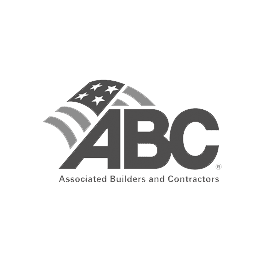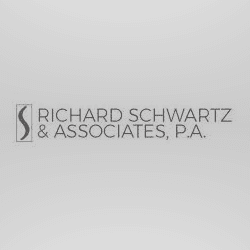FAQs
Why should I do background checks?
Are background checks required by law?
Do I need to get permission to background check someone?
What information about the applicant do I need to run a background check?
How often should I do a background screening on my volunteers and employees?
What happens if I choose to decline an employee or volunteer applicant based on the background screening?
How often do I have to order reports to keep my Laborchex account active?
How long does it take to run a background check?
| National Criminal Database | Instant |
| Federal Criminal Record | 24 Hours |
| National Sex Offender Registry | 24 Hours |
| County Criminal Record | 1-3 Days |
| State Criminal Record | 1-3 Days |
| County Civil Record | 2-5 Days |
| Motor Vehicle Report | Instant for 40 States; 1-10 Days for Other States |
What is the FCRA?
Even though it is named the Fair Credit Reporting Act, the FCRA applies to much more than credit reports. These reports can include the consumer’s credit standing but can also extend to character, reputation, mode of living, and similar information that can be used to determine a person’s eligibility for credit, insurance, or a job. By these standards, background screening companies are consumer report agencies that the FCRA regulates.
Within the FCRA, there are a number of rules about what must and must not be reported. For instance, reported bankruptcy cases can be no older than ten years and all other adverse information reported, with the sole exception of criminal convictions, can be no older than seven years. Also, no medical information can be shared unless the report is being used for insurance purposes.
In addition to protecting the consumer once the check is underway, the FCRA also requires an employer to disclose some information and obtain the consumer’s permission before the check can legally begin.
For answers to any other questions,
Contact LaborChex today!












